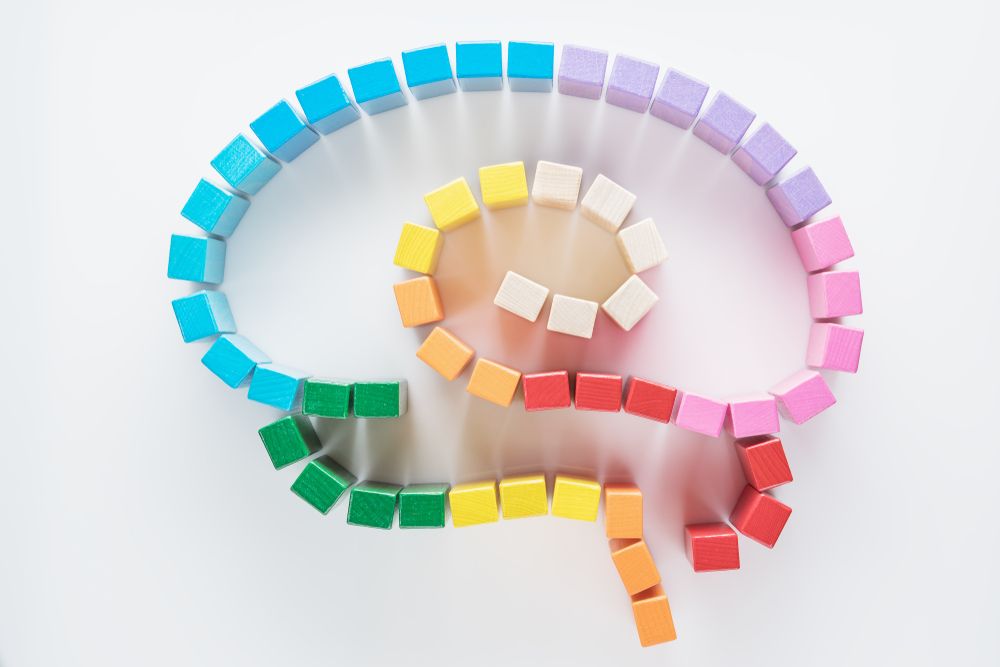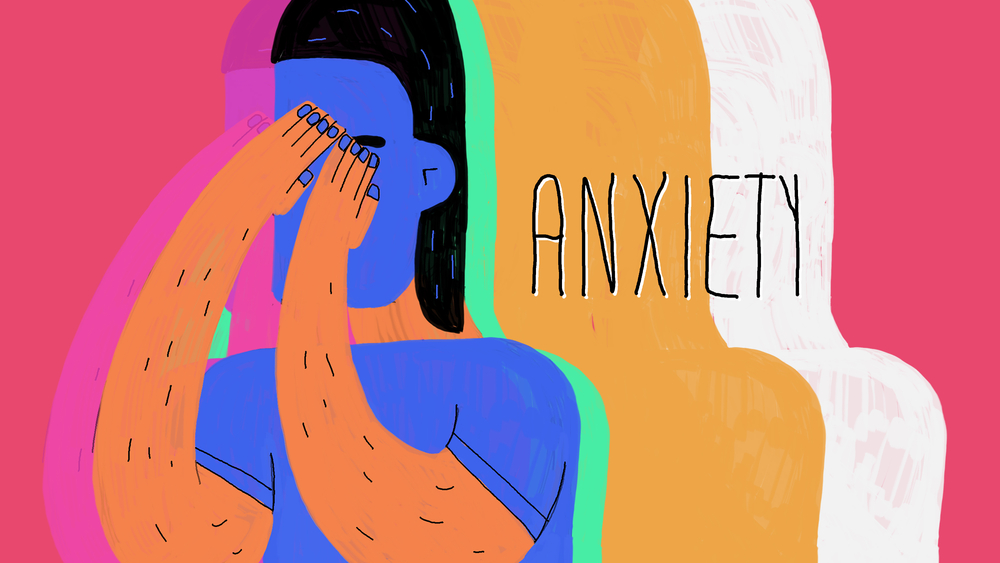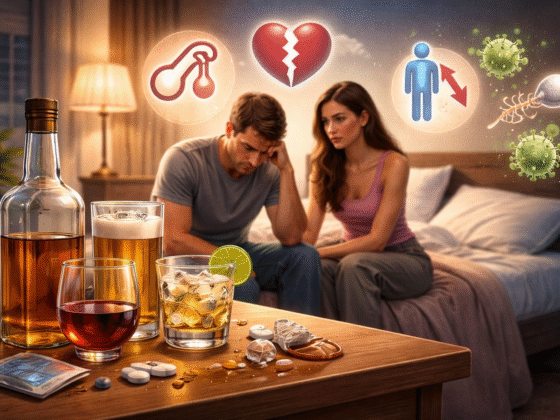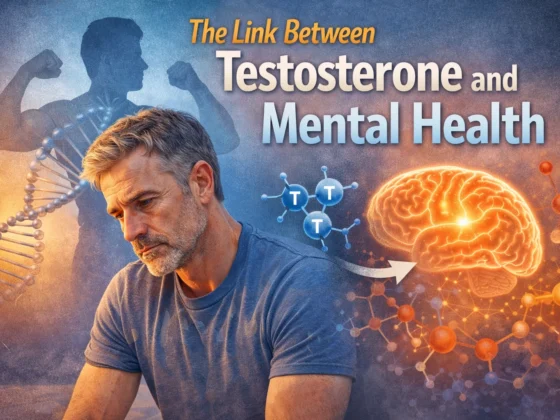Last Updated on 18th August 2021 by Charlie Walsh
What are the symptoms of addiction? Symptoms can include but are not limited to Loss of control, failed attempts to quit, mood swings, passiveness, aggression or even suicidal thoughts and attempts to harm or take ones life. The problem is that people who are not addicted think that addicted people can just quit from addiction. This is not the case and is definitely not true. People with Addictive personalities are usually people who are sensitive, in tune with their emotions and it is thought that this why that kind of individual may get addicted – to forget about their issues. Addiction can also be because that person is suffering from some kind of chemical imbalance
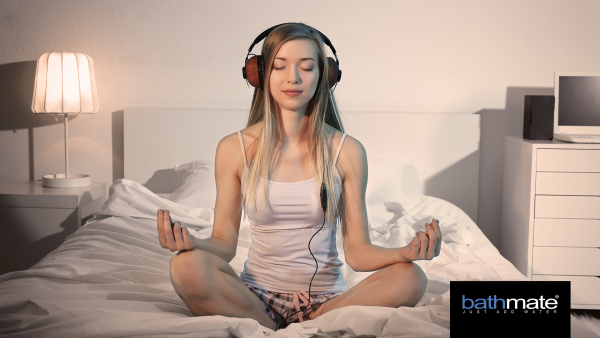
Different types of addiction
As we have touched on briefly there are many kinds of addiction one may suffer from. Let’s take a bit of a more in depth look at what are considered to be the top two types of addiction.
Mental
This addiction basis in the brain of an addicted person. The willpower of a person is destroyed and that is why it is a vicious circle. The person wants to get rid of his addiction but feels too weak to do that. The biggest problem is that in an advanced phase of an addiction, the addicted person has also physical syndromes like sweating, diarrhoea, and vomiting, fainting, passiveness.
Physical
Also called physiological, it is an addiction where a person needs to take a proper substance to feel some physical symptoms like dizziness, confidence loss of control. Alcohol, nicotine, heroine, steroids and also morphine and other psychotropic drugs. The most important problem here is that you cannot just get rid of the substance because you can die. It needs to be done regularly – shortening the amount of the substance and finally get rid of it forever.

What is meditation?
Meditation is when an individual focuses their mind on a certain thing in order to train mental awareness and clear understanding. They use mindfulness, clear and emotional thought to understand problems on a deeper level. Meditation has been practiced for years by people from different cultural, religious and ethnic backgrounds – it is believed to hold the key to the path of liberation, awakening and nirvana. Those who practice meditation frequently are thought to have a better standard of life and a more spiritual connection to everything around them.
How can meditation help with addiction?
For some – misusing substances of any sort can be a sign of them dealing with some form of inner turbulence, they feel something is missing from their life or suffer with a chemical imbalance – using something like meditation can help by filling this void they have in their life. It has been thought that alongside other programmes, meditation can be a great way to combat addiction issues. Meditation can challenge us to find inner silence, inner peace – through this stillness you are able to understand the reason behind your behaviours and begin to rectify them. Meditation is thought to benefit people who are dealing with anxiety, weight loss and things like addiction. Many people have said that meditation has helped them “rewire their brains” and this is thought to be what makes it so successful when it comes to addiction – meditating helps you break old patterns and change your behaviour for the best.
Those who choose to address their addiction issues may also suffer from the side effects of getting clean, anxiety levels may increase and they may even experience physical problems such as withdrawal. It is easy to see how the mind can spiral out of control and they can slip back into using drugs or alcohol. Teaching yourself to meditate can give you the balance and skills to manage these thoughts and feelings responsibly. Those people who meditate successfully have said to have noticed positive results in their life within the first 3 weeks, which depending on how long you have struggled with addiction can be a very promising thing to hear.

What to do next?
If you are struggling with any type of addiction you must contact a health professional before attempting any type of detox or change in behaviours, some types of abuse such as alcohol or illicit drugs will require specialist treatment and support to allow you to break free from this addiction in a safe and controlled manner. Because of the seriousness and the potential damage you have done to your body it is vital to get checked over before attempting to get clean. Once you have done this you can begin to research what type of additional support you feel would benefit you – with options like CBT (Cognitive behaviour therapy) and meditation as great options for those who are serious about changing the internal traumas that got them in this position in the first place. Reach out to friends and family if you feel like you need additional support.

